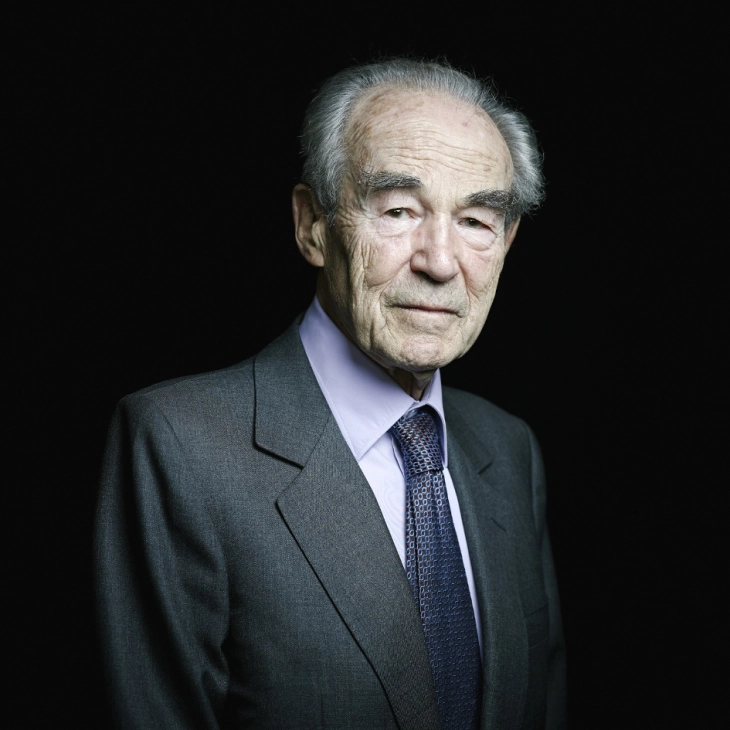Former French justice minister Robert Badinter dies at 95
- Former French justice minister Robert Badinter died at the age of 95, his publishing house Fayard and the Constitutional Council he chaired for nine years told dpa on Friday.
- Post By Angel Dimoski
- 14:43, 9 February, 2024

Paris, 9 February 2024 (dpa/MIA) - Former French justice minister Robert Badinter died at the age of 95, his publishing house Fayard and the Constitutional Council he chaired for nine years told dpa on Friday.
French President Emmanuel Macron paid tribute to the lawyer, author and politician, calling him a "figure of the century, a republican conscience, the French spirit," in a post on X, the platform formerly known as Twitter.
"Throughout his life, he was the voice of justice," said French Prime Minister Gabriel Attal.
Badinter was instrumental in the abolition of the death penalty in France in 1981. "The abolition of the death penalty will forever be his legacy for France. We owe him so much," Attal said.
Badinter was born into a Jewish family in Paris on March 30, 1928. During the Nazi occupation of France, he lived on the countryside with his family, with forged identity documents. After the war, Badinter studied law and worked as a lawyer.
In 1981, then Socialist president François Mitterrand appointed him to head the Ministry of Justice. The death penalty was abolished in France that same year, after the last person was executed in 1977.
"The real political significance of the death penalty lies in the fact that it is based on the idea that the state has the right to rule over its citizens - even to the point of death," Badinter said in a historic speech to parliament in 1981. "This is how the death penalty fits into totalitarian systems."
In France, Badinter regularly reminded people of the dark chapter of the death penalty and he also opposed it in other countries, as a member of an international commission for the worldwide abolition of the death penalty.
He addressed many issues as justice minister, and also worked for equal rights for homosexuals in France. And he won praise internationally as a mediator, heading an arbitration commission in the 1990s to clarify legal issues following the dissolution of Yugoslavia.
Badinter was married to philosopher and women's rights activist Elisabeth Badinter.







